607 Search Results Found For : "Дизайн Человека Виктория Джем Рейтинговый Эксперт Дизайн Человека Human Design metahd.ru"
Depression a Leading Contributor to Global Burden of Disease
(2006) Although mental health is a sensitive topic the world over, the prevalence of mental illness and its consequences can no longer be overlooked. While mental disorders include a range of illnesses (such as anxiety, schizophrenia, and autism), depression is the most common and is pervasive worldwide.
Community Theater and Peer Education Help Tanzanians Discuss HIV and Gender-Based Violence
(2007) Cheza Chezeka is unfaithful to his partner, engages in unsafe sex, and acquires a sexually transmitted infection. Fikirini, on the other hand, learns how to communicate and resist sexual temptation and peer pressure. Tino Mashakani abuses his girlfriend and brags about his violent behavior to his friends until one of them steps forward with advice on how to stop the violence.
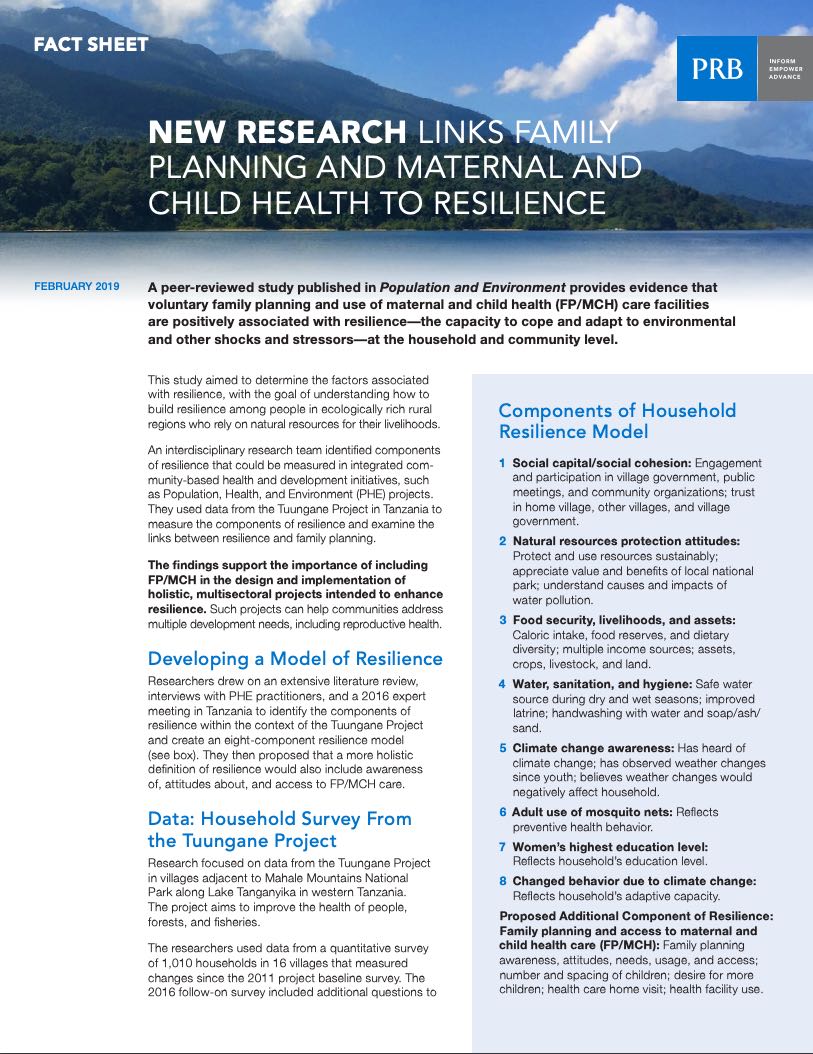
Project: PACE: Policy, Advocacy, and Communication Enhanced for Population and Reproductive Health
New Research Reveals Family Planning Is Associated With Enhanced Resilience
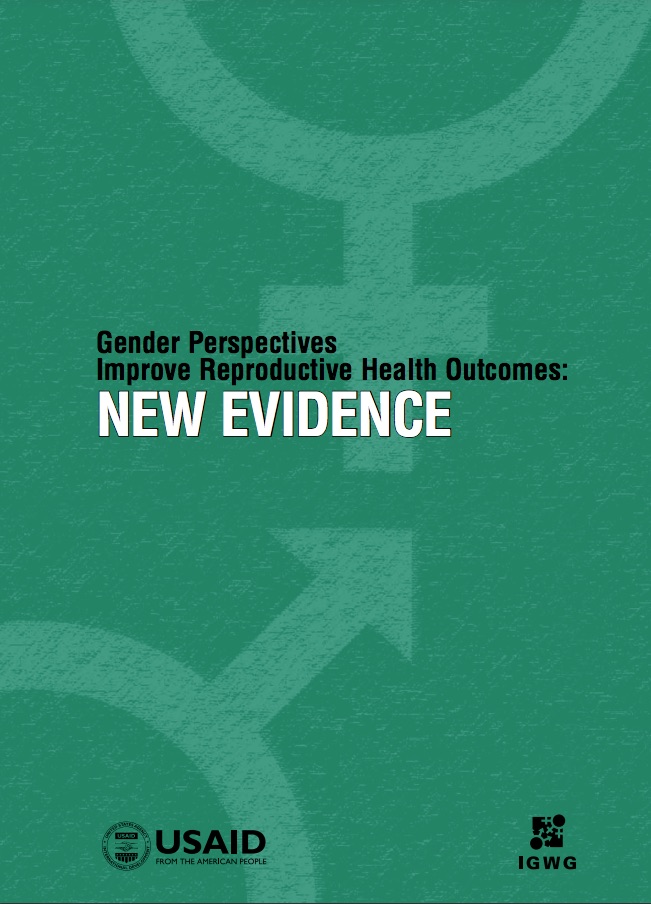
Gender Perspectives Improve Reproductive Health Outcomes: New Evidence
(2010) In 2004, the Interagency Gender Working Group, funded by the United States Agency for International Development, published The "So What?" Report: A Look at Whether Integrating a Gender Focus into Programs Makes a Difference to Outcomes. The 2004 report presented evidence of the value of integrating gender into programs for promoting positive reproductive health and gender outcomes.

Race/Ethnicity Categories in Federal Surveys Are Changing: Implications for Data Users
Federal revisions to race categories will give people better options for identifying themselves and provide data users with a more accurate picture of the U.S. population.
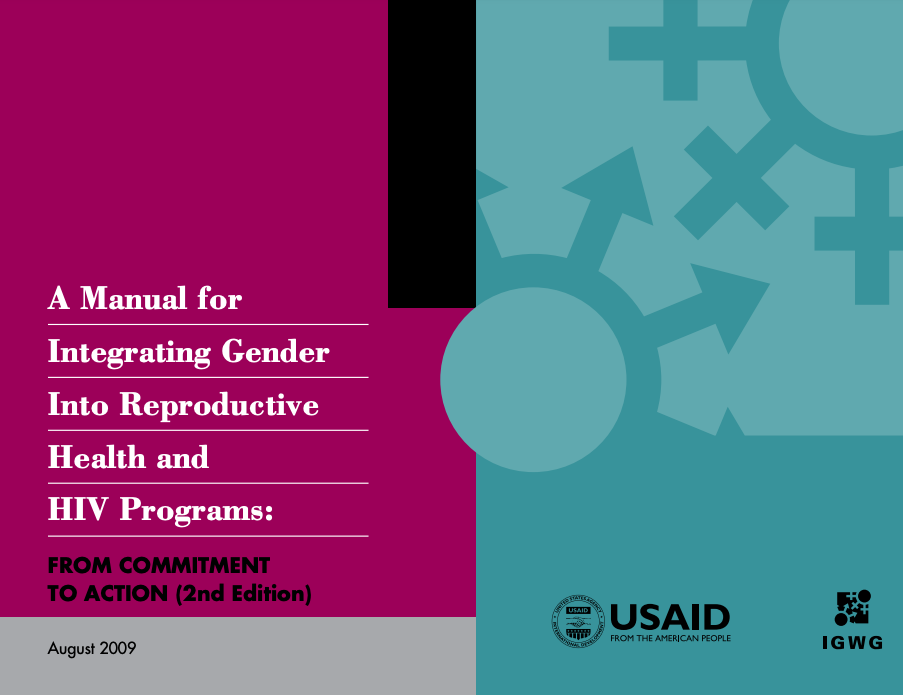
A Manual for Integrating Gender into Reproductive Health and HIV Programs: From Commitment to Action
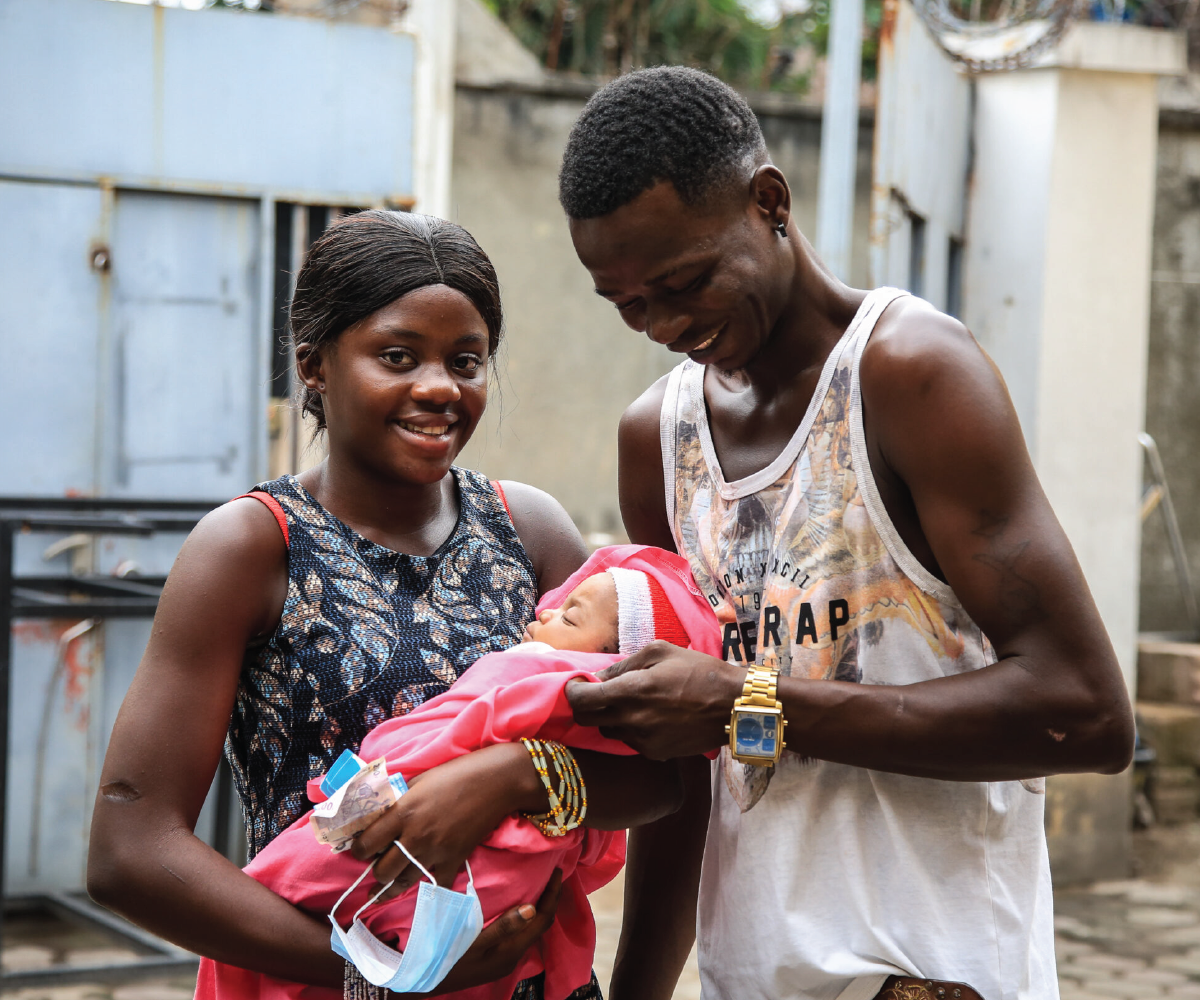
PROPEL Health
PRB is a partner on the PROPEL Health project, which is working to support more equitable and sustainable health services, supplies, and delivery systems through policy, financing, governance, and advocacy.
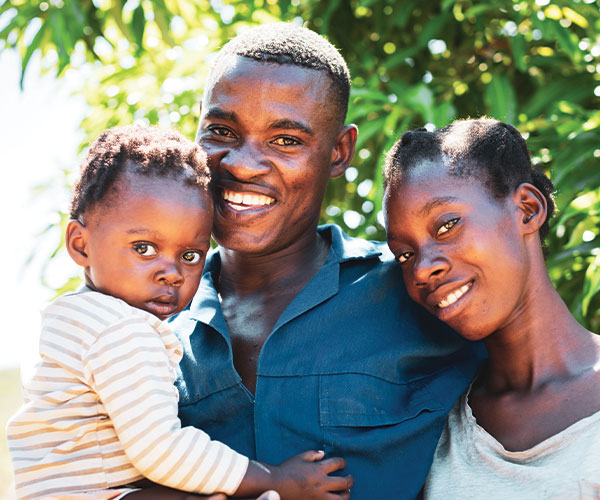
Cities No Longer Lead Fertility Decline in Sub-Saharan Africa, New Research Reveals
Why would the shift to smaller families slow or stop in sub-Saharan African cities, where fertility remains so much higher than in other parts of the world?
